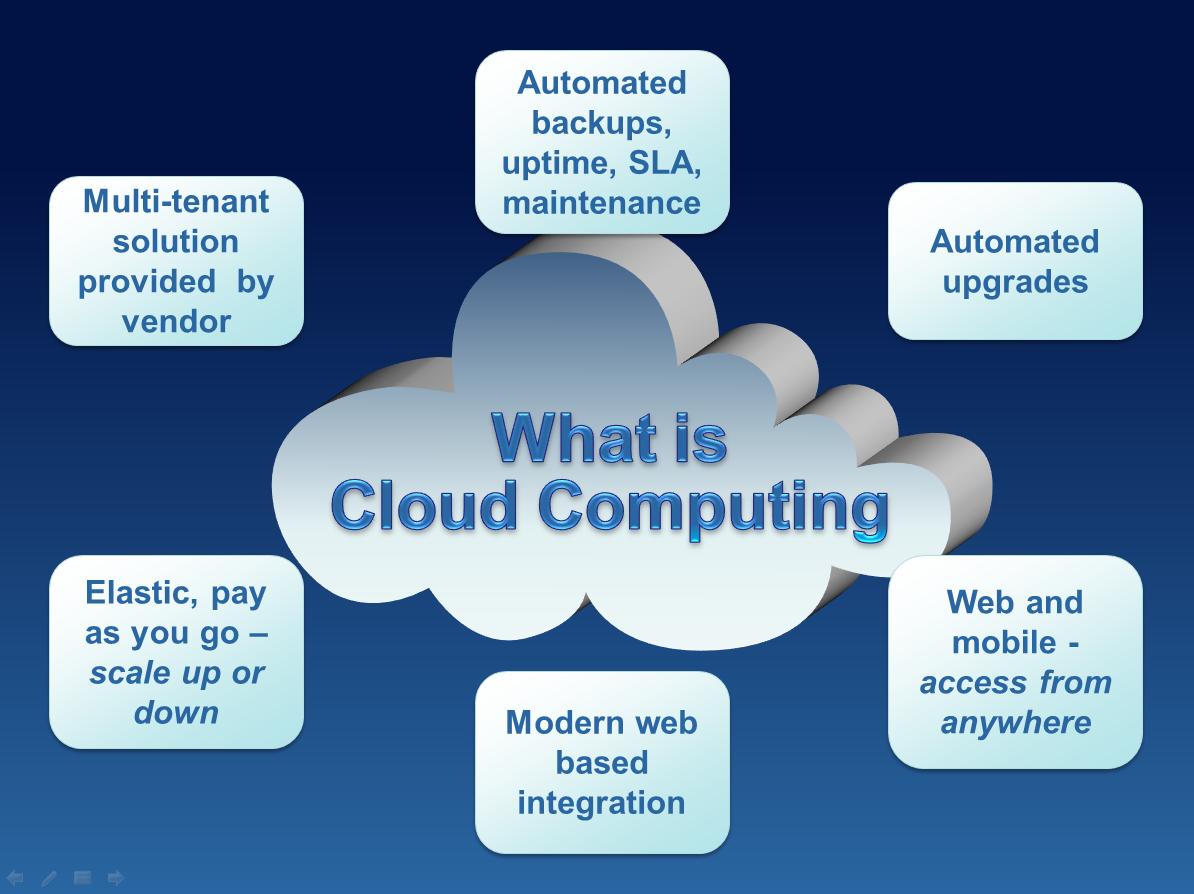Cloud Jobs: Why Pros Thrive in 2025
Master the cloud computing career path with skills that unlock lasting success.

Cloud computing isn’t just a tech trend—it’s a career goldmine that’s reshaping how professionals build wealth, stability, and impact. As businesses race to digitize, cloud computing professionals are the architects of this new era, commanding high salaries, flexible work, and endless opportunities. Verified data from LinkedIn, Glassdoor, and the U.S. Bureau of Labor Statistics (BLS) shows explosive growth in cloud roles, with hiring rates soaring and skill demands evolving fast. This evergreen guide delivers actionable strategies to dominate the cloud job market, backed by expert insights and hard stats up to April 19, 2025. Ready to pivot, upskill, and win? Let’s dive in.
The Cloud Boom: Why It’s Your Career Edge
Cloud computing powers everything—streaming services, AI, remote work, and global business. Companies like Amazon Web Services (AWS), Microsoft Azure, and Google Cloud dominate, driving a market expected to hit $832.1 billion by 2025, growing at a 17.5% compound annual growth rate (CAGR). This isn’t a fad; it’s a structural shift. Businesses are slashing IT costs and scaling fast by moving to the cloud, creating a hunger for skilled pros.
The BLS projects computer and IT occupations, including cloud roles, to grow 14.6% from 2023 to 2033, adding 356,700 jobs annually—far outpacing most industries. LinkedIn reports cloud computing jobs growing 30% year-over-year, one of the tech sector’s fastest rates. Glassdoor pegs the median U.S. cloud computing salary at $101,261, with senior roles like cloud architects earning up to $148,067. These numbers scream opportunity.
Why does this matter? Cloud skills are evergreen. They’re transferable across industries—healthcare, finance, retail—and resistant to automation. “Cloud expertise is a career insurance policy,” says career coach Sarah Johnson, quoted on LinkedIn. “It’s a universal language in tech.” Whether you’re a newbie or a seasoned IT pro, the cloud offers a path to thrive.

Top Cloud Roles in Demand
The cloud job market isn’t one-size-fits-all. Here are the hottest roles, their responsibilities, and why they’re built to last, based on verified data:
-
Cloud Architect: Designs scalable, secure cloud systems. Median salary: $148,067 (Glassdoor). Skills: AWS, Azure, system design. Demand is skyrocketing as companies prioritize efficiency.
-
Cloud Engineer: Builds and maintains cloud infrastructure. Median salary: $118,858. Skills: Python, DevOps, automation. LinkedIn notes 30% annual job growth.
-
Cloud Security Specialist: Protects cloud systems from cyber threats. Median salary: $120,080 for senior roles. Skills: Cybersecurity, compliance. BLS highlights strong demand due to rising cyberattacks.
-
Cloud Data Scientist: Manages and analyzes cloud-based data. Median salary: $101,000 (Pluralsight). Skills: SQL, Apache Spark. Gartner predicts 25.6% growth in Infrastructure-as-a-Service (IaaS) jobs by 2024, fueling this role.
-
Cloud Support Engineer: Troubleshoots cloud issues for clients. Median salary: $105,565. Skills: Communication, debugging. TechTarget notes steady demand for B2B support.
These roles aren’t going anywhere. As cloud adoption hits 80% of IT budgets by 2024, per Gartner, companies need pros who can design, secure, and optimize these systems.
Skills That Win: What Employers Want
Cloud computing demands a mix of technical and soft skills. Verified insights from LinkedIn, Robert Half, and Indeed show employers prioritizing these:
-
Technical Skills:
-
Cloud Platforms: AWS, Azure, Google Cloud. AWS certifications are “golden,” per X posts.
-
Programming: Python, Java, SQL. Indeed lists Python as the top in-demand skill in 2024 tech job postings.
-
DevOps and Automation: Tools like Kubernetes and Terraform. Robert Half notes automation expertise boosts hiring chances by 45%.
-
Cybersecurity: Knowledge of encryption and compliance. Glassdoor reports 30% of employers raise pay for cloud security skills.
-
Data Management: Tools like Apache Spark and Amazon SageMaker. Pluralsight highlights data analytics as a top skill gap.
-
-
Soft Skills:
-
Problem-Solving: Cloud pros tackle complex system issues daily.
-
Communication: Explaining tech to non-tech stakeholders is key, per TechTarget.
-
Adaptability: Tech evolves fast; pros must keep up. Harvard Business Review notes tech skills have a 2.5-year half-life.
-
“The biggest mistake is thinking a degree is enough,” says tech recruiter Mark Davis on Glassdoor. “Certifications and hands-on projects set you apart.” AWS Certified Solutions Architect and Microsoft Azure Administrator are top certifications, per American Cloud.
Evergreen Career Strategies
To build a lasting cloud career, focus on strategies that endure market shifts. Here’s how to stay ahead, grounded in expert advice and data:
1. Upskill Relentlessly
The cloud evolves fast. LinkedIn’s Economic Graph shows a skills-first hiring trend, with 60% of employers valuing certifications over degrees. Enroll in bootcamps like AWS Fundamentals on Coursera or NextGen Education Foundation’s Diploma in Cloud Computing, which guarantees jobs. “Invest in learning every year,” advises career coach Priya Patel. “It’s your career’s fuel.”
2. Build a Portfolio
Hands-on experience trumps theory. Create cloud projects on GitHub—think scalable web apps or secure databases. American Cloud suggests showcasing projects at hackathons. “Employers want proof you can deliver,” says Patel. LinkedIn data shows portfolios increase interview callbacks by 20%.
3. Network Smart
Connections open doors. Join online communities like Stack Overflow or AWS webinars. Attend regional meetups; 70% of jobs aren’t posted publicly, per Robert Half. “Mentors in the cloud space are gold,” says Johnson. X posts highlight networking as a top tip for cloud pros.
4. Stay Industry-Aware
Follow market leaders like AWS and Azure. Gartner’s 2024 forecast of $675.4 billion in cloud spending signals where jobs are. Read reports from Robert Half or PwC to spot trends like AI integration in cloud systems. Knowledge keeps you relevant.
5. Embrace Flexibility
Cloud roles often offer remote work—38% of IT jobs are hybrid, per Experis. This flexibility lets you work globally, but it demands discipline. “Set clear career goals,” advises Davis. “Remote work can blur focus.”
Level Up: Practical Career Moves
Ready to act? These verified steps, backed by data, will elevate your cloud career:
-
Get Certified: Earn an AWS Certified Solutions Architect or Microsoft Azure Administrator credential. LinkedIn notes certified pros get 25% more job offers.
-
Join a Bootcamp: Programs like NextGen’s offer multi-vendor training and job guarantees. Caltech’s bootcamp teaches skills in six months.
-
Contribute to Open Source: Build credibility by coding on GitHub. American Cloud says this boosts visibility to recruiters.
-
Follow Job Boards: Check Sparkyheads or Robert Half for cloud roles. LinkedIn posted 20,000 tech jobs in a single day in 2023, showing volume.
-
Upskill in AI: AI skills enhance cloud roles. Indeed reports a 30-fold rise in AI-related job postings from 2023 to 2024.
-
Negotiate Smart: Glassdoor shows experienced cloud pros can push salaries 20% higher with strong negotiation. Know your worth.
Challenges to Conquer
The cloud market isn’t perfect. A 63% skills gap worries U.S. firms, per Edoxi. Cybersecurity risks are rising—global cybercrime costs could hit $10.5 trillion by 2025. Competition is fierce; bootcamp grads flood entry-level roles. But these hurdles are navigable. Certifications, niche skills like cloud security, and networking can set you apart. “Focus on what makes you unique,” says Patel. “Specialize and shine.”
The Long Game: Why Cloud Careers Last
Cloud computing isn’t a bubble—it’s infrastructure. The World Economic Forum predicts tech skills, including cloud expertise, will dominate through 2030. Companies are locked into cloud systems, ensuring steady demand. BLS data shows tech unemployment rates—2.2% for software developers, 1.4% for security analysts—stay low, even in downturns. Remote work and global hiring make cloud careers resilient.
“Don’t chase trends—build a foundation,” says Johnson. Combine cloud skills with AI, cybersecurity, or data science for a bulletproof resume. The Linux Foundation reports firms are upskilling internally to close gaps, meaning loyal pros get rewarded. Stay sharp with Ongoing Now 24.





